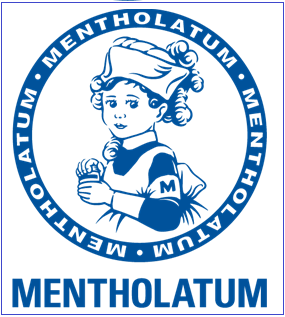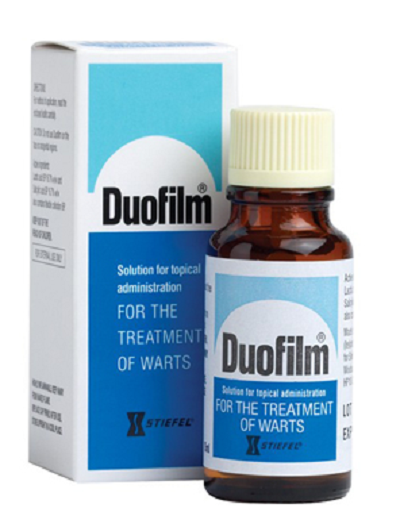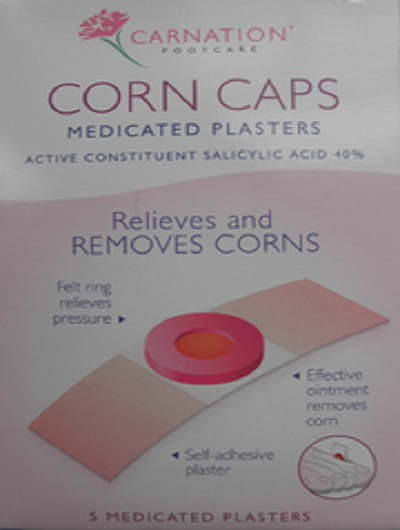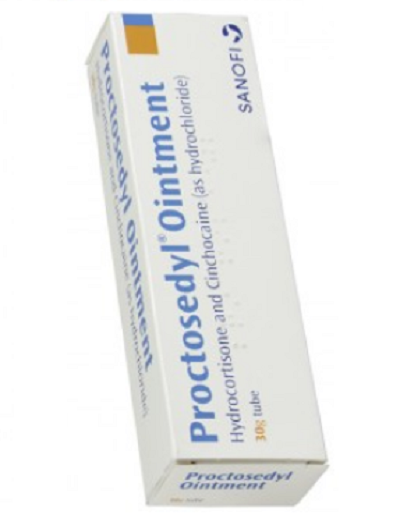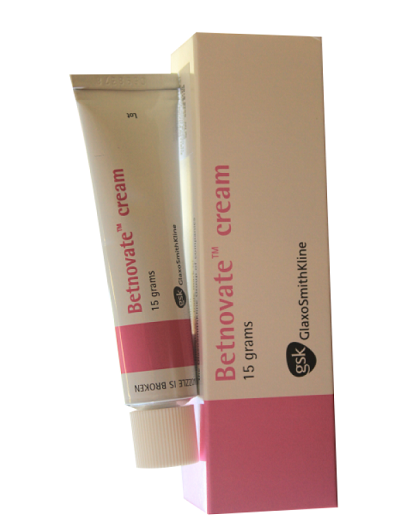What is hemorrhoids? Identifying signs of hemorrhoids, what types of hemorrhoids? How to treat hemorrhoids?
Hemorrhoids are one of the most common diseases that can be found between the ages of 25 and 60 and possibly younger. This disease, if not effectively controlled, can cause many dangerous complications for the body, even leading to rectal cancer.
Contents
What is hemorrhoids? Classification of hemorrhoids
Hemorrhoids, also known as dom disease, are clusters of veins inside the rectum and anus that are swollen and swollen due to constant pressure or nerves. too much pressure in the anal canal.
This disease is also one of the causes of rectal bleeding and if it is not detected and treated in time, it can cause other dangerous complications that are not negligible. health of the sufferer.
Hemorrhoids usually appear in people between the ages of 45 - 60. However, the disease is showing signs of rejuvenation because young people between the ages of 25-30 have a high risk of developing the disease. The main reason is the lack of scientific diet and inappropriate living regime.
Photos of internal (left) and external (right) hemorrhoids
Based on the location of the appearance of hemorrhoids to classify hemorrhoids into many different types. In general, hemorrhoids are classified into two main categories, internal hemorrhoids and external hemorrhoids, as follows:
Internal hemorrhoids
Internal hemorrhoids are hemorrhoids that form on the surface of the lining inside the anal canal. At the initial time of onset usually does not cause too much pain for the sufferer and cannot be observed with the naked eye, only recognize when the disease gets worse or conduct examination at the medical examination and treatment facility.
Internal hemorrhoids are divided into 4 stages corresponding to 4 different levels:
- Level 1: New hemorrhoids begin to form inside the anal canal. There is a burning pain when going to the toilet, accompanied by mild itchiness.
- Level 2: The patient begins to experience more discomfort at stage 1, having more bloody bowel movements. Especially with a small lump of flesh sticking out of the anal canal when trying to brace herself while having a bowel movement.
- Level 3: The hemorrhoids fall out of the anal canal and are unable to contract, the patient must use their hands to push them inside. Pain can be heightened, especially when going to the toilet or sitting in a chair.
- Level 4: The hemorrhoids completely come out and do not push into the anal canal. The sick person suffers from painful sensations and bleeding occurs even when standing or sitting.
External hemorrhoids
For external hemorrhoids, the patient can be easily recognized by the hemorrhoids formed and developed on the edge of the anus. The patient can observe with the eyes or touch lightly to feel the size of the hemorrhoids. External hemorrhoids cause less bleeding, but bring a lot of pain and burning sensation, especially when sitting.
Similar to internal hemorrhoids, external hemorrhoids are also divided into 4 levels with increasing danger:
- Level 1: The lightest degree of external hemorrhoids. At that time, the size of the hemorrhoids is only the size of a pea, the patient feels a little bit under the anus when sitting, a little blood may appear when defecating.
- Level 2: The hemorrhoids develop into a larger lump than level 1. At this stage, the patient will experience more pain accompanied by burning, itchy anus. The hemorrhoids are larger and cause a feeling of entanglement even when standing or sitting.
- Level 3: The hemorrhoids fall out of the anus and become blocked. Due to the large size of the hemorrhoids, bleeding easily occurs when defecating or rubbing against the pants.
- Level 4: The hemorrhoids completely fall out of the anus, causing a lot of pain for the sufferer. If it is not treated quickly, the chances of developing anal diseases are very high.
If comparing the level of danger between internal hemorrhoids and external hemorrhoids, internal hemorrhoids are judged by experts as dangerous, difficult to recognize and need to be treated as soon as possible to prevent one. number of possible complications.
The cause of hemorrhoids
There are many causes of hemorrhoids, some of which you may not expect, may be the lack of diet and scientific activities. Such as:
- Due to the nature of work: Office workers or tailors are very prone to hemorrhoids because their work is sitting a lot, having little time to move. Sitting for too long in each place puts pressure on the nerves in the anus, making it difficult for the veins to circulate blood, and for a long time it will relax and swell, thereby forming a hemorrhoid.
- Due to lack of science in diet : The lack of nutrients is also the cause of hemorrhoids, especially when the body lacks fiber. This is one of the most important ingredients that make stools dry and making it more difficult to defecate. Besides, hot spicy foods, greasy foods can also be the culprits that cause hemorrhoids to form.
- Because constipation or diarrhea lasts for too long: Constipation or diarrhea lasts for too long, causing the intestinal wall to constrict more, putting more pressure on the veins in the posterior subjects and rectum, a long time will form hemorrhoids.
- Due to frequent stress and fatigue: Psychological factors also significantly affect the risk of hemorrhoids. Body stress or too much fatigue has put pressure on the whole body, including the digestive system.
Constipation is also the cause of the formation of hemorrhoids
Besides, hemorrhoids are also formed by many other reasons such as: due to pregnancy and childbirth, age is also the cause of hemorrhoids, obesity or maybe the body has some. Other pre-hidden pathologies.
Knowing the exact cause of hemorrhoids, then there will be appropriate treatment measures.
Signs identify hemorrhoids
Hemorrhoids are often found when a person has signs and symptoms such as:
- Anal itching due to residual secretions in the anal canal;
- Anal pain and burning, especially during bowel movements;
- Red swelling in the anal area with swelling;
- A little blood will appear when you go to the toilet or on toilet paper because of a ruptured hemorrhoids.
- The patient may feel tired and debilitated due to blood loss.
The symptoms of pain, itching anus can cause the patient to stand still, causing a lot of troubles affecting work, activities, and impairing the quality of life.
Signs of hemorrhoids - Blood on the toilet paper when you have a bowel movement
Besides, the disease also has the appearance of many other symptoms. The above symptoms can be severe or mild, depending on the individual.
Therefore, in order to have the most accurate diagnosis of the disease level, patients should seek medical examination early at reputable and quality medical facilities.
Is hemorrhoids really dangerous?
Hemorrhoids are a disease that not only affects the health of the sufferer, but also affects the psychology, making the patient always lose confidence when in contact with others. On the other hand, if the disease is not treated in time, it can cause many dangerous complications that you may not expect. It could be:
- Hemorrhoids blockage : This is one of the complications that cannot be absent when it comes to hemorrhoids. When the hemorrhoids grow too large, they put pressure on the sphincter, causing blockage and obstructing the blood circulation. At that time, the defecation also encountered many difficulties. Patients always feel pain when touching hemorrhoids.
- Anal dysfunction: The growing growing hemorrhoids affect the elimination of waste products from the body. The hemorrhoids make the muscles squeezed not small, the anal spasm is also difficult.
- Blood infection: When hemorrhoids develop in a severe stage, the blood can shoot in a beam when you have a bowel movement. If this condition persists for a long time, it can cause the patient to fall into severe anemia.
- Inflammation or necrosis of hemorrhoids: The hemorrhoids continuously discharge fluid, plus the anal canal operation (eliminating waste products from the body) causes inflammation. This condition, if not improved in time, can cause the hemorrhoids to sores, even cause necrosis and affect health.
- Formation of some gynecological diseases in women: The anus and vagina are quite close together, so harmful bacteria in the anus are very likely to spread to the female vagina. Since then cause a series of gynecological diseases.
Hemorrhoids have the potential to cause many dangerous complications if it is not treated promptly
Besides, if hemorrhoids get worse, they are more likely to form anal abscesses, dermatological diseases, and even increase the risk of rectal cancer quite high.
Although not everyone has encountered these complications, they are very difficult to deal with when they do. Therefore, patients need timely treatment to recover the fastest, to avoid until it is too late to find a cure, the effect will not be high.
When should you see a treating doctor?
You need to quickly see a doctor when your body develops the following symptoms:
- The anus is painful, the itching is increasing;
- Discomfort increases with each day;
- The hemorrhoids have fallen out of the anus;
- Spawns blood when walking on toilet paper.
Specialists will perform a number of tests, blood tests, endoscopy, anal exam or some other indications to serve the purpose of determining the cause of the disease. From there, give the appropriate treatment measures.
See a doctor quickly when symptoms of hemorrhoids appear
Today's effective treatments for hemorrhoids
With increasingly modern medicine, hemorrhoids can be cured with different methods, which can be:
Treatment of hemorrhoids with Western medicine
Treatment of hemorrhoids with Western medicine is one of the options many patients choose to improve their disease. This is one of the very simple and convenient methods, patients do not need to spend too much time on preparation.
Some medications are recommended by experts to treat hemorrhoids, such as the following:
- Antibiotics, reducing inflammation: Aspirin, Acetaminophen, Penicillin, ...
- Analgesics: Medicone, Trimebutine, Dibucaine,
- Vasoconstrictors: Epinephrine, Norepinephrine, Phenylephrine, ...
- Anal topical medications: Titanoreine, Proctolog, Hemorrhostop, ...
- Anal suppositories: Calmol, Witch Hazel, Avenoc, ...
Use topical medications to treat hemorrhoids as directed by a specialist pharmacist
However, this method is only suitable for hemorrhoids in the mild stage (level 1 and level 2) or hemorrhoids are in the onset. On the other hand, patients are not allowed to arbitrarily use oral medications or topical medications to treat hemorrhoids without the consent of experts. Because the drug can cause some unwanted side effects.
Besides, most of these drugs only have analgesic, anti-inflammatory, and indifferent topical treatment, so the effect is not really sustainable. The disease is easy to recur with more severe severity and more complicated. Patients should consider carefully if they have used Western medicine for a long time without results.
Source: europharmas




